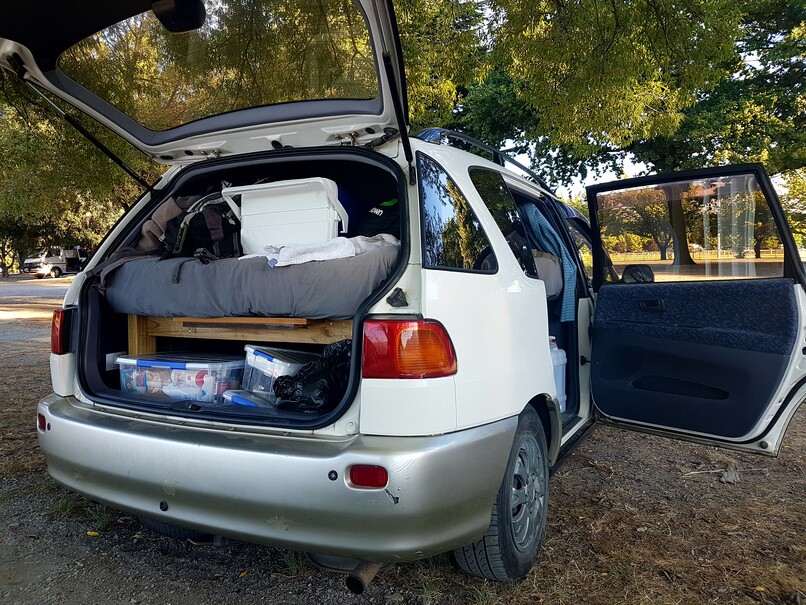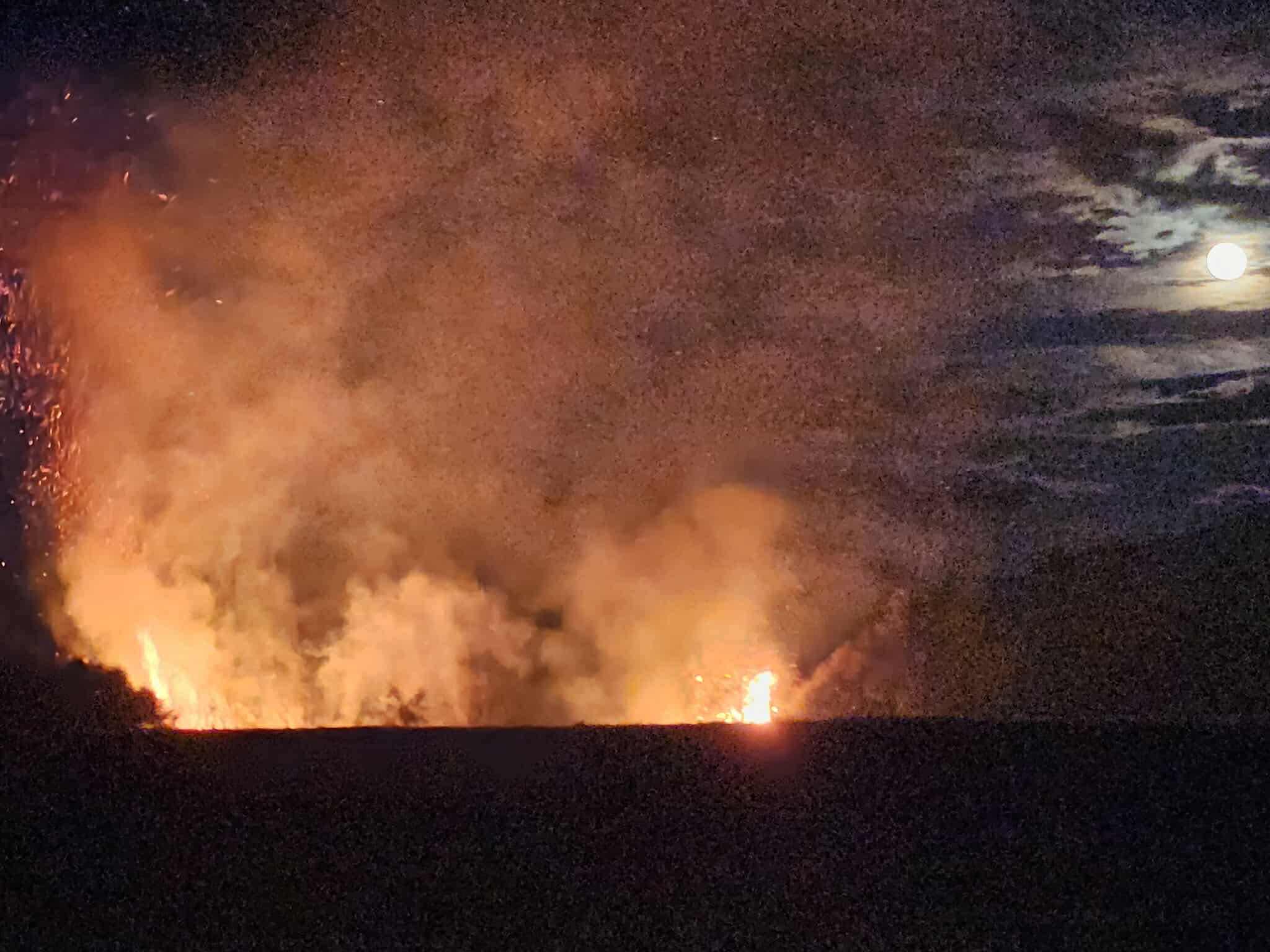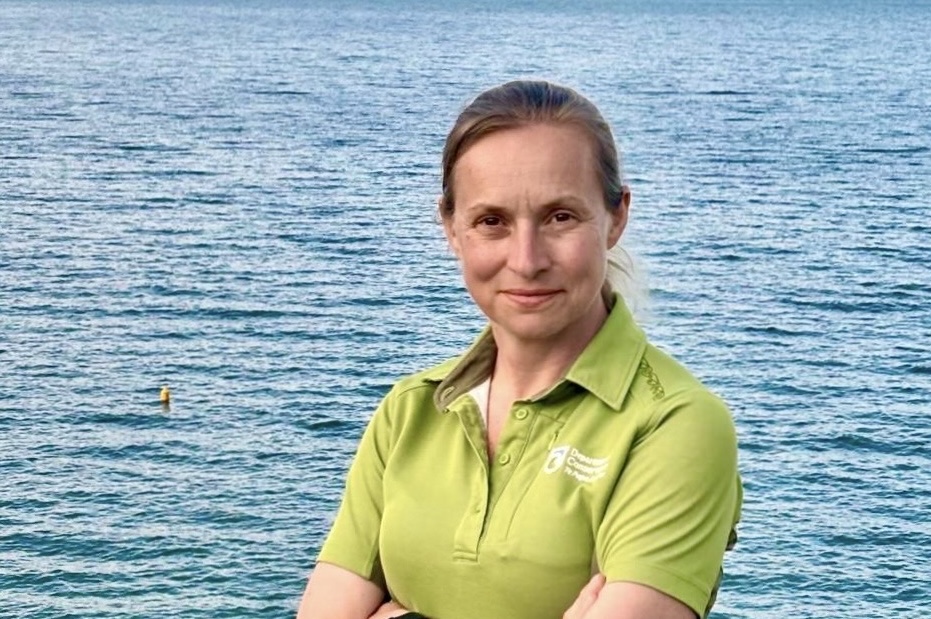Campaign launched to ‘save Beacon Point’
Maddy Harker
06 November 2025, 4:06 PM
 Beacon Point has become the latest battleground in the ongoing debate over freedom camping.
Beacon Point has become the latest battleground in the ongoing debate over freedom camping.A new Wānaka group is campaigning to prevent freedom camping at a popular lakeside spot, warning that allowing camping there could harm Lake Wānaka’s water quality and disrupt local recreational use.
Save Clean NZ has launched a petition urging Queenstown Lakes District Council (QLDC) to remove Beacon Point from its new Freedom Camping Bylaw, which takes effect on December 1.
The petition has gathered more than 500 signatures so far.
QLDC’s previous bylaw was struck down in the High Court, leaving the council scrambling to finalise a replacement in time for this summer - but Save Clean NZ secretary Andrea Beryl said the new bylaw goes too far in allowing camping at Beacon Point, where up to three self-contained vehicles will be allowed to park each night.
“We’re not against freedom camping,” she said.
“But it needs to be in appropriate, well-managed sites: with toilets, rubbish disposal, signage, and enforcement, not beside our lakes and wetlands.”
Andrea said a 2021 council assessment deemed the site ‘not acceptable’ for camping due to risks to access, amenity, and water quality.
“This isn’t just about freedom camping; it’s about protecting our community, our environment, and the quality of our water,” she said.
“Beacon Point is simply not the place for this. We hope the growing number of signatures speaks for itself.”

Freedom camping has been described by councillor Cody Tucker as an “unwinnable compromise” between community expectations and what the council can legally enforce.
The campaign is the latest event in the long-running fracas over managing freedom camping in this district - the country’s most popular destination for freedom campers.
Last summer QLDC recorded “concerning levels of non-compliance” – including campers stringing up washing lines, setting fire pits, toileting in the bushes, and rubbish dumping.
During consultation on the new bylaw earlier this year, which attracted hundreds of submissions, councillor Cody Tucker described the challenge as an “unwinnable compromise”.
He noted a gulf between community expectations and a “legally defensible version” of the bylaw.
This week QLDC acknowledged ongoing concerns about freedom camping but reiterated that its powers were restricted by national legislation.
Under the Freedom Camping Act 2011, freedom camping is permitted by default on most council land, and local bylaws can only prohibit or restrict camping in limited circumstances (to protect the area, to protect the health and safety of people who may visit the area or to protect access to the area).
“By balancing community concerns with what the Act requires us to do, the new bylaw is designed to ensure visitors continue to enjoy the experience of freedom camping here while addressing the concerns of residents,” a council spokesperson said.
The spokesperson also said the 2021 site assessment referenced by Save Clean NZ had been replaced by a new Tonkin & Taylor report earlier this year, which helped inform the current bylaw.
Any decision to amend the bylaw following the Beacon Point petition would be for councillors to make, taking into account legal advice, consultation costs, and other factors.
QLDC plans to run an education campaign ahead of summer to raise awareness of the new Freedom Camping Bylaw and ensure visitors know where and how freedom camping is permitted, the spokesperson said.
Find the Save Clean NZ’s petition here.
PHOTOS: Wānaka App







